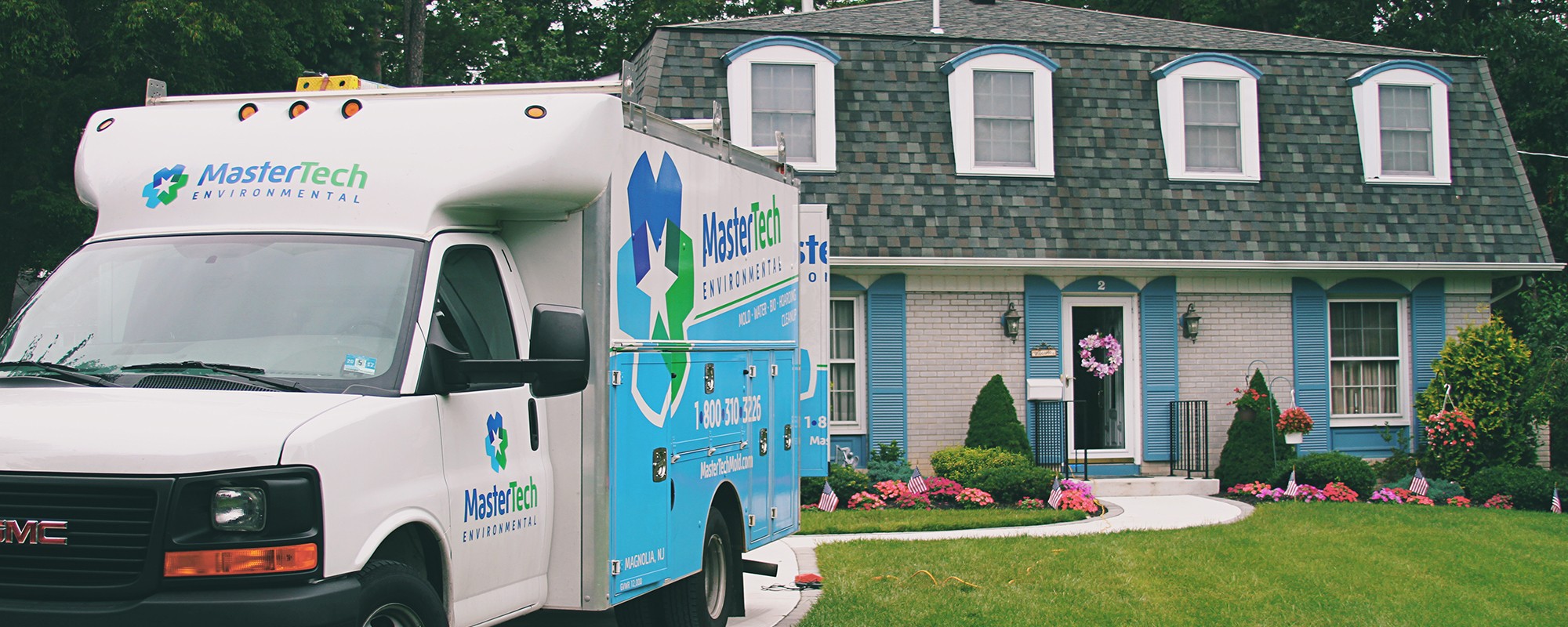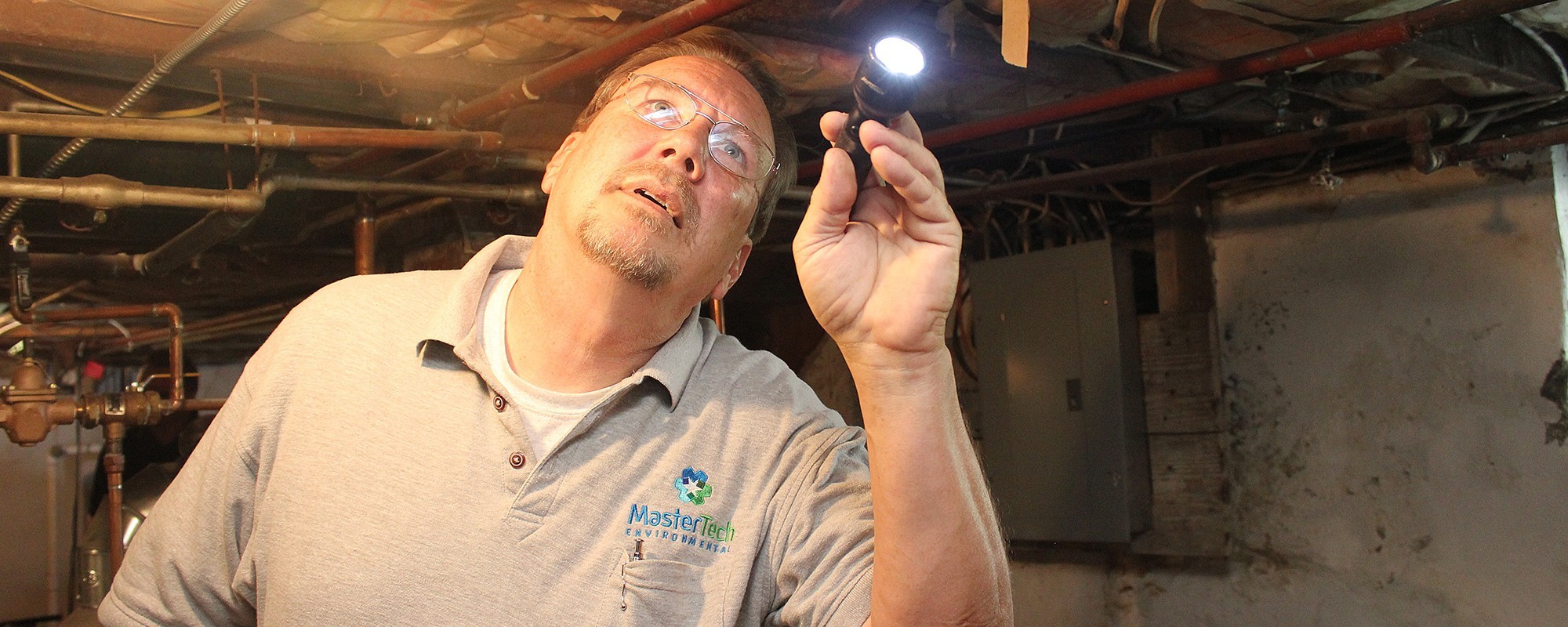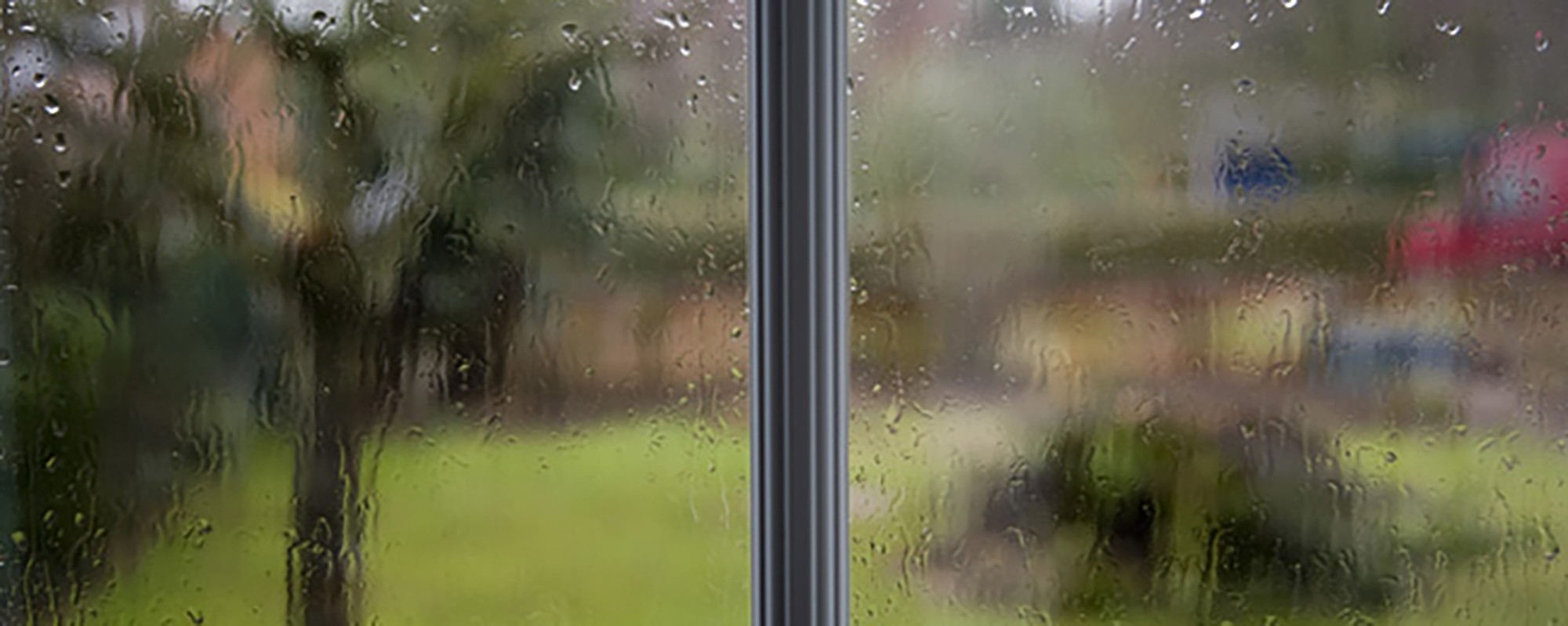South Jersey residents know that rain patterns can be difficult to predict for each season. We can go from long periods of heatwaves with little to no rain, to long periods of gloomy, heavy rainfall. Proper preparation can go a long way to prevent water intrusion and minimize possible water damage to your NJ property.
Prevent Water Intrusion Into Your New Jersey Home
What it comes to water intrusion, best practice is stop it before it starts. This means conducting the necessary maintenance checks and implementing the appropriate preventative measures as needed. South Jersey homeowners should set aside time at least twice a year to conduct a detailed and thorough property assessment to identify any maintenance opportunities like areas that are susceptible to moisture intrusion. When time permits, you should conduct quick checks a few times a year between your two major assessments. Effective moisture prevention can be simple, inexpensive and protect you from serious water damage. With a few quick tips, NJ homeowners can prevent water intrusion and avoid costly water damage repairs.
To prevent water intrusion, be sure to always check the following areas of your South Jersey property:
When it comes to your New Jersey home, there are several key areas that can be especially vulnerable to water intrusion. Be sure to conduct quick checks in these areas to make sure your are prepared from any anticipated rainfall and ready to prevent water intrusion.
- Roof– Be sure to pay attention for any signs of roof damage like deteriorating singles, missing shingles, flashing damage, clogged or damaged vents or other indicators of a roof problem. If you identify a potential issue, you should contact a roofing professional to conduct a proper assess and provide the necessary repairs.
- Gutters– Your gutters should be clean and free of debris. Clogged gutters can lead to wall leaks, foundation issues and roof damage. If your gutters are full of leaves, debris or other obstructions, clean them immediately.
- Downspouts– Your downspouts should also be clean and free of debris. More importantly, downspouts need to extend far enough. Assess the water pattern around your downspouts to make sure that water is being diverted away from the home. If you notice still water collecting at the base of your house, you might need longer downspouts or possibly a drain pipe.
- Doors & Windows– Windows and doors should be properly installed from the very begin with proper caulking and sealing all around. Be sure to regularly check the condition of each window or door. If you detect any potential issues that could lead to water intrusion during the next storm or period of heavy rainfall, be sure to repair it right away.
- Exterior Finishing– Your exterior finishes, like siding or exterior paint, need to be well-maintained in order to effectively keep water out. Periodically inspect your exterior walls. You should look for signs of damage in your siding, such as holes, wood rot, or warping. Early detection and immediate repair can go a long way in preventing water intrusion into your South Jersey property.
- Foundation– It is important to properly maintain and regularly assess your foundation walls. Look for signs of foundation damage and address any cracks or foundation issues right away. You should also pay close attention to water patterns around your foundation. Water should always flow away from your foundation walls.
- Grading– Take a close look at the landscaping surrounding your property. The earth around the home should be sloped away from the house to divert water away. Sloping towards the home forces water directly towards your home and allows water to collect at your foundation walls. Be sure to address grading issues right away.
Check out our tips for keeping rainwater out of your NJ home for a more detailed look at what New Jersey homeowners can do to prevent water intrusion and keep their NJ home nice and dry.
Assess For Signs of Water Intrusion Following Periods of Heavy Rainfall
Sometimes, despite all that we do, some water events are inevitable. It some cases, it may not be possible to foresee and prevent water intrusion. While prevention is ideal, the next best thing is early detection. Sometimes, water intrusion might be inevitable– specially during storms or periods of severe rain. New Jersey homeowners should get in the habit of conducting checks throughout the home immediately following a storm or heavy rainfall. When it comes to water intrusion, early detection and repair can prevent severe and costly water damage.
Following periods of heavy rainfall, be sure to assess the following areas for any signs of water intrusion:
- Attics–Your roof is your first line of defense against rain. This means that your attic will be the first area of concern should you have a roof leak. After a storm or heavy rain, you should always check your attic just to make sure your roof held up against the rain.
- Basements & Crawl Spaces– It is important to thoroughly assess these spaces. Basements and crawl spaces can be the most vulnerable to seepage through the foundation walls.
- Sweating Walls– Blotches of condensation on ceilings and/or walls can mean excessive moisture buildup within wall voids and/or ceiling voids.
- Swelling– As water from a leak begins to soak into your building materials, these porous materials will begin to swell.
- Door Casings– Swollen door casing or door alignment. This may not be visibly obvious, but swollen door jams will make your doors more and more difficult to open and close.
- Baseboards & Trim– As building materials swell up, materials that were once flush against each other will begin to grow and push against each other and force material separation. Look for baseboards or trim that appear to be separating from the wall.
- Stains on walls and ceilings– Water that seeps into wall and/or ceiling voids often manifests as a stain or blotch as it slowly saturates the adjacent wallboard or ceiling.
- Peeling paint or wallpaper– The water saturated walls or ceilings won’t be able to hold its finishings. Water intrusion will compromise adhesion, causing the paint or wallpaper on the opposing side to raise, ripple or peel.
- Sagging walls and ceilings– Water saturated drywall and ceiling materials will begin to deform and buckle with the weight of the water buildup.
- Floor effects– Water tends to seek out the lowest level and seeps under floor coverings like carpet, tile, and vinyl, soaking into the sub-floor. Pay attention to your flooring.
As soon as you identify signs of possible water intrusion, address the issue right away. Unaddressed moisture can lead to water damage and mold growth.
If your home suffers from a history of water intrusion during periods of heavy rain, you might have underlying problems like water damage and mold. If you suspect possible mold growth in your South Jersey home, contact a certified NJ mold inspector to properly assess your areas of concern.





